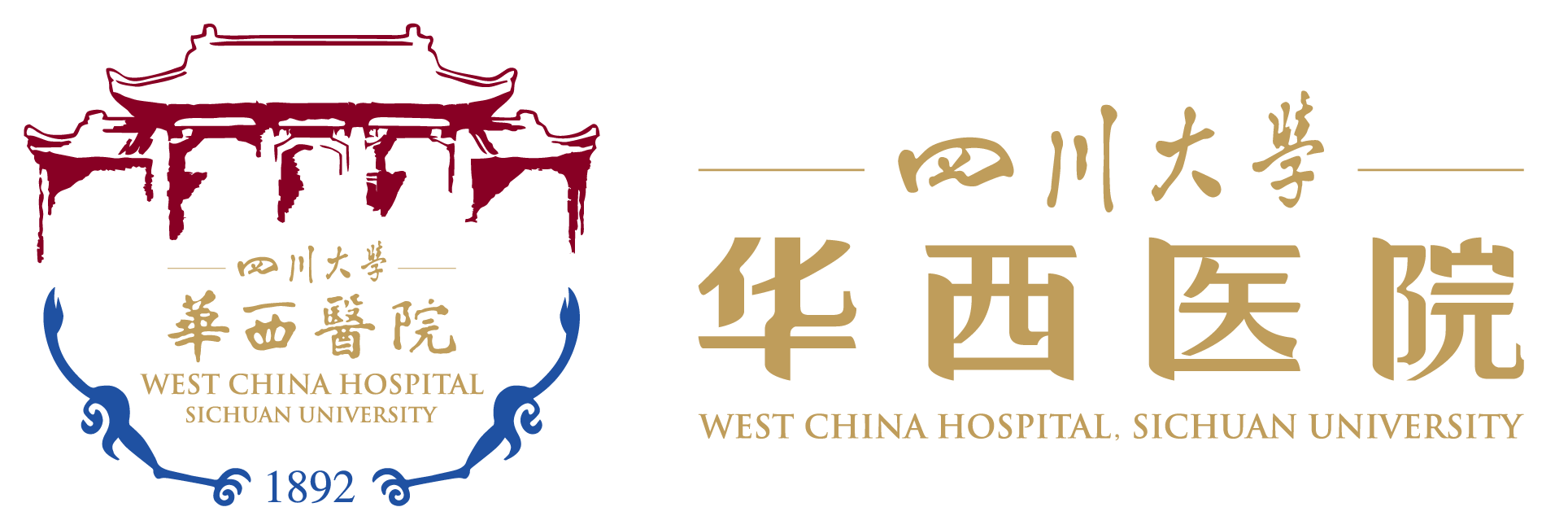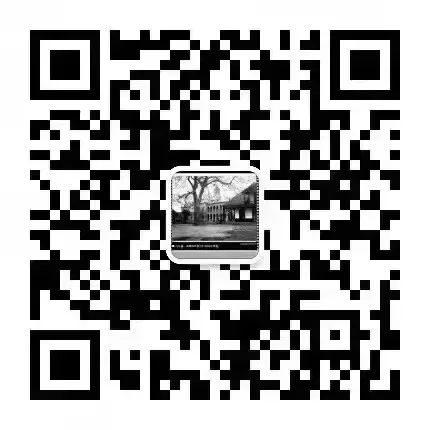诊断听力学
Diagnostic Audiology
该课程主要介绍各种听力检查方法。学生将重点学习常用的听力测试方法,如纯音测听、声导抗、耳声发射、言语测听等,学习常见的外耳、中耳、内耳和听神经疾病以及听力检查结果表现。
The course introduces various methods of hearing assessment. Students will primarily learn commonly used hearing tests, such as pure-tone audiometry, acoustic immittance, otoacoustic emissions, and speech audiometry. They will also learn common diseases of the outer ear, middle ear, inner ear, and auditory nerve, as well as how to interpret the hearing test results.
听力与言语科学基础
Introduction to Hearing and Speech Science
该课程主要介绍听觉科学基础和言语科学基础的基本理论。学生可通过本门课程系统掌握听觉、言语和前庭系统的解剖生理,物理声学基础,以及语言学基础理论和婴幼儿语言发展规律等。
This course introduces the foundations of hearing and speech science. After learning, students will systematically master the anatomy and physiology of the auditory, speech, and vestibular systems, the basics of physical acoustics, as well as the theories of linguistics and language developmental milestones in children.
言语语言康复学
Speech-Language Pathology
该课程主要介绍不同类型语言障碍群体的言语语言康复。通过该课程的学习,学生将掌握言语语言所涉及的(1)基本概念;(2)生理解剖结构及功能;(3)不同语言障碍类型及其康复方法,如听力障碍、嗓音障碍、构音障碍、吞咽障碍等。
This course introduces speech and language rehabilitation for different types of language disorder. After learning, students will gain a grasp of the (1) basic concepts of speech and language; (2) physiological anatomy and functions; and (3) different types of language disorders and their rehabilitation methods, such as hearing impairments, voice disorders, articulation disorders, and swallowing disorders.
耳鸣眩晕康复学
Tinnitis and Vertigo Rehabilitation
该课程主要介绍耳鸣与眩晕的基本概念、流行病学情况,诊断及严重程度评估方法,治疗原则与康复原理。通过学习,学生将掌握耳鸣、眩晕病史采集,严重程度评估和康复咨询基本原则。
This course introduces the basic concepts and epidemiological situation of tinnitus and vertigo, as well as methods for diagnosis and severity assessment, along with principles of treatment and rehabilitation. After learning, students will gain the ability to collect medical histories for tinnitus and vertigo, assess the severity, and understand the fundamental principles of rehabilitation consultation.
听觉装置
Hearing Device
该课程主要介绍辅助听损患者重建听能的电子装置,如:助听器、辅听装置、人工耳蜗及其他植入性听觉装置等。通过课程学习,学生将掌握听觉装置的基本组成、基本原理、适应证,干预及调试 原则规范、效果验证与评估、保养与维护等。
This course introduces the electronic devices that assist in restoring hearing ability for individuals with hearing loss, such as hearing aids, assistive listening devices, cochlear implants, and other implantable auditory devices. After learning, students will master the basic components, fundamental principles, indications, intervention and adjustment principles and standards, effectiveness verification and assessment, maintenance and care of auditory devices.
儿童听力学
Pediatric Audiology
该课程较为全面地讲授了儿童听力问题的流行病学、如何早期发现儿童听力问题、常见的儿童听力疾病以及补充介绍针对儿童听力问题的特殊评估方法。通过本门课程的学习,能够正确引导学生重视儿童听力问题,做到早发现、早诊断、早治疗,做好干预和随访。
This course covers the epidemiology of childhood hearing issues, how to detect childhood hearing problems early, common childhood hearing diseases, and special assessment methods for children with hearing loss. After learning, students will be able to correctly treat childhood hearing problems, understand the importance of early detection, diagnosis, and treatment, and carry out the intervention and follow-up effectively.
志愿服务(关爱聋人)
Volunteer Service (Supporting the Deaf Communtiy)
该课程为四川大学文化素质公选课,主要通过跟诊听力专科医师为聋人提供志愿服务。学生将了解聋人的社会现状及听力与言语康复的发展概况,理解聋人的困难和需求,基本了解听力问题的早发现、早诊断、早干预。
This course focuses on providing volunteer services for the deaf. Students will gain an understanding of the deaf community, including hearing and speech rehabilitation, the difficulties and special needs of the deaf, and gain a basic understanding of early detection, diagnosis, and intervention for children with hearing loss.



